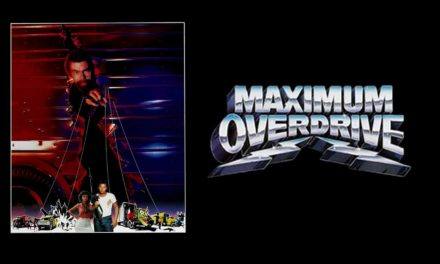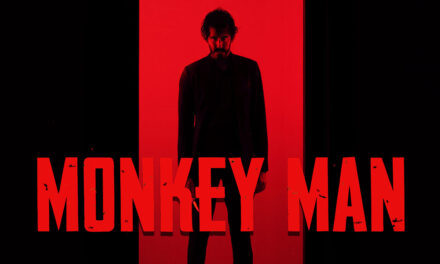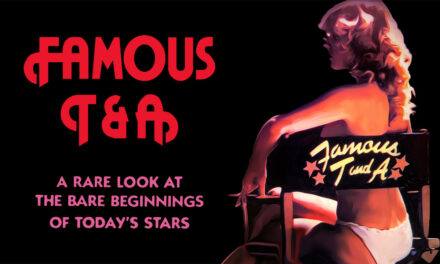After he found success on Broadway with his Mercury Theater, a young Orson Welles caught Hollywood’s attention in 1936. Following his controversial radio broadcast of “War of the Worlds” in 1938, Welles got a very lucrative offer. RKO Pictures, most well-known for producing King Kong, offered him a two-picture deal that guaranteed complete creative control. Welles wanted to adapt Joseph Conrad’s Heart of Darkness for his first project, but things stalled due to budgetary constraints. Around this time, Welles collaborated with screenwriter Herman J. Mankiewicz, who suggested an idea based on William Randolph Hearst. Hearst was a newspaper tycoon notorious for his yellow journalism, political ties and ambitions, and extravagant lifestyle. With a budget of around $800,000, Welles gathered his Mercury Theater players for one of Hollywood’s most ambitious films. After premiering at the Palace Theater in May 1941, Citizen Kane hit theater screens nationwide that September.
%
Rating
Synopsis
Newspaper tycoon Charles Foster Kane (Orson Welles) is on his deathbed alone in his massive mansion, Xanadu. His last words, “Rosebud,” lead to local reporter Jerry Thompson (William Alland) investigating what exactly Kane meant. Thompson interviews Kane’s manager Mr. Bernstein (Everett Sloane), old friend Jedediah Leland (Joseph Cotten), and ex-wife Susan Alexander (Dorothy Comingore). Through these interviews, Thompson learns about Kane’s rise to power through gold mining and acquiring the New York Inquirer. During his rise, Kane married Emily Norton (Ruth Warrick), the niece of the then US president. Unfortunately, he sold his newspaper after the stock market crash, and his marriage disintegrated following an affair with Susan Alexander. The experience hurt Kane’s chances of running for public office, and Susan eventually left him due to his controlling ways. But the question remains, “Who or what is Rosebud and what was its significance to Charles Foster Kane?”
Review
Over 80 years after its release, Citizen Kane has been discussed, dissected, and examined by every film scholar and critic. Considering how much has already been written about the film, I’m unsure what else I can offer. That said, it’s easy to see why Citizen Kane often ranks as one of the greatest films ever made. For a first-time filmmaker without prior experience, Orson Welles shows a lot of promise as a compelling visual storyteller. Admittedly, Welles borrowed many of the techniques used from other movies, which he fully admitted in numerous interviews. That said, how he uses these techniques, such as deep focus and low-angle shots, makes it unique. Welles and cinematographer Gregg Toland use them to create a heightened sense of reality that strips away any artificial qualities. This sense is further exemplified by the sound design, where dialogue between characters overlaps and sound effects transition between shots.
Beyond the technical qualities, the story and how it’s told make this film stand out from its contemporaries. Long before Quentin Tarantino used nonlinear storytelling in Pulp Fiction, Welles told his story through flashbacks from multiple people. Additionally, while a rise to power story was typical back then, adding the character’s downfall was unheard of. Whereas most movies back then ended happily, this one didn’t have the protagonist living happily but dying broke and alone. It helps that, alongside writing and directing, Welles is a charismatic actor that comes off as sympathetic and villainous. It’s easy to see how power and wealth corrupted Kane, but you also feel sorry for what becomes of him. While Welles is at the forefront, the rest of the cast does an excellent job recounting his story. Overall, Citizen Kane is an entertainingly poignant examination of one man’s rise to fall that deserves its acclaim.
Buy Citizen Kane from Amazon: https://amzn.to/3NJdewO.
Disclosure: The above link is an affiliate link, which means that, at zero cost to you, I will earn a commission if you click through the link and finalize a purchase.




